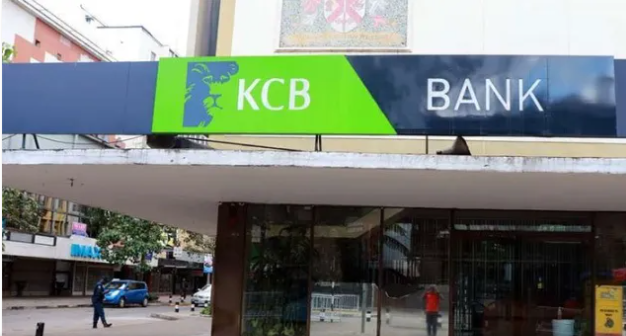In a paradigm shift from traditional in-house data management, KCB Group, Kenya’s largest bank by market value, has completed a major migration of its IT infrastructure to iColo, a tier III data center provider with facilities in Nairobi’s Karen and Gigiri areas.
With a market capitalization of approximately $963.3 million (KES 124 billion), the bank’s decision marks a new trend among financial institutions in Kenya, with cost control as a driving factor.
The transition, which began in 2022, underscores a growing movement among Kenyan banks towards colocation, a model where companies lease space within larger data centers.
According to sources familiar with the move, KCB’s previous reliance on in-house data centers was proving to be financially taxing, with substantial expenditures required for power, cooling, and ensuring the constant uptime critical to banking services.
For KCB, the move to colocation offers the promise of reduced overheads while enhancing access to advanced infrastructure without the heavy capital investments required for self-maintained facilities.
“This transition involved moving to a professionally managed colocation facility,” shared one person close to the project, noting that the bank is leveraging iColo’s shared infrastructure to achieve economies of scale. Colocation offers a range of benefits, including shared resources and professional management, which allow banks to focus on core banking activities rather than the logistics and costs of data management.
However, despite the motivations, specific projections on the anticipated cost savings remain undisclosed. KCB has reserved the details, but they are declining to comment on the cost implications or further details of the colocation strategy.
The move to iColo is part of a broader tech-focused strategy for KCB. While most of its operations were previously hosted on-premises, KCB has already transitioned some services, like its Exchange platform for currency trading and international transfers, to cloud-based solutions on Microsoft Azure. Plans are also underway to extend services to AWS soon.
The appeal of colocation is not unique to KCB. Other major banks in Kenya, such as Equity Bank and NCBA, have embraced similar off-site data center solutions. According to industry insiders, these institutions have found colocation to be a more cost-effective model, particularly as rising energy costs and maintenance requirements make in-house data centers increasingly impractical for many organizations.
Kenyan banks are not only reshaping where they store data but are also upgrading the core systems that power their operations. In October, Stanbic Bank transitioned its platform, Temenos, to its latest version, R24, while KCB recently updated Temenos R21 for its Rwandan operations. For digital banking services, however, KCB relies on Sopra, a different system tailored to its digital needs.
The completion of this migration to iColo represents more than just a technical shift; it is a glimpse into the future of banking infrastructure in Kenya. By embracing colocation and advanced technology platforms, KCB and its peers are setting new standards in efficiency, scalability, and financial prudence—steps that could influence the entire region’s approach to data management and banking technology.




